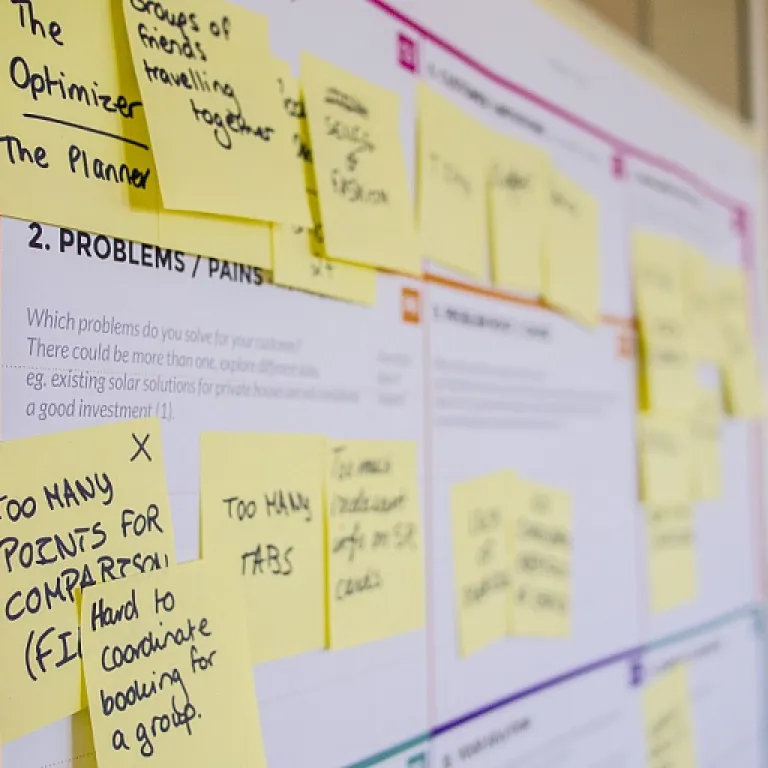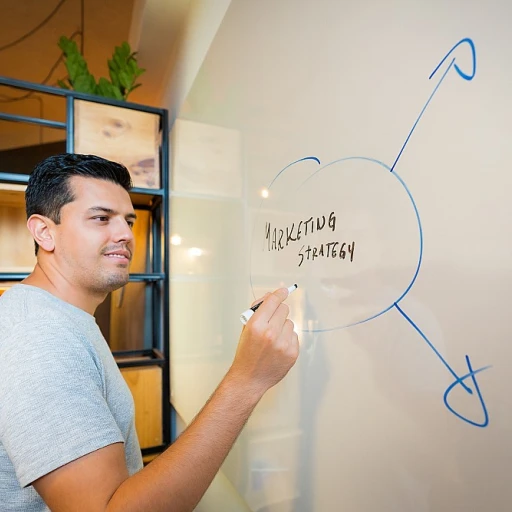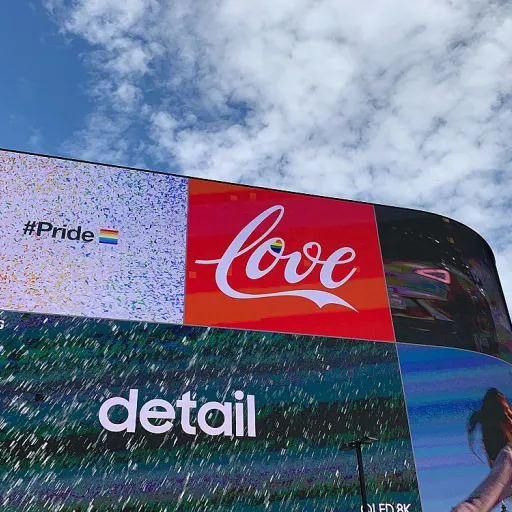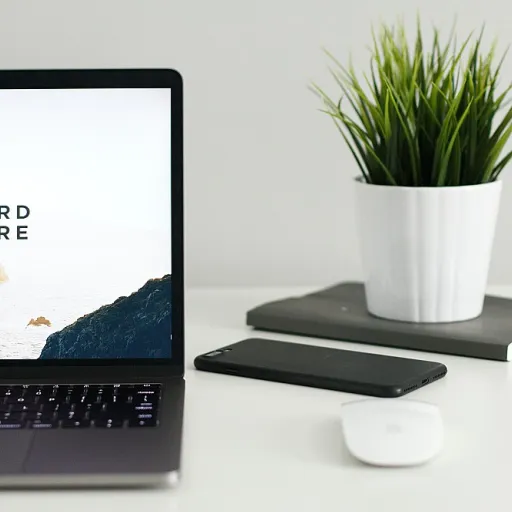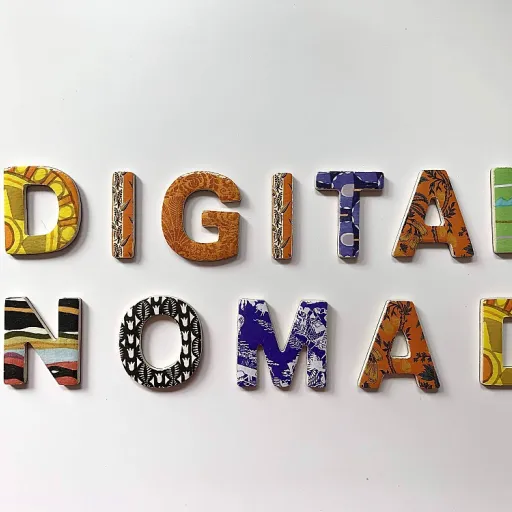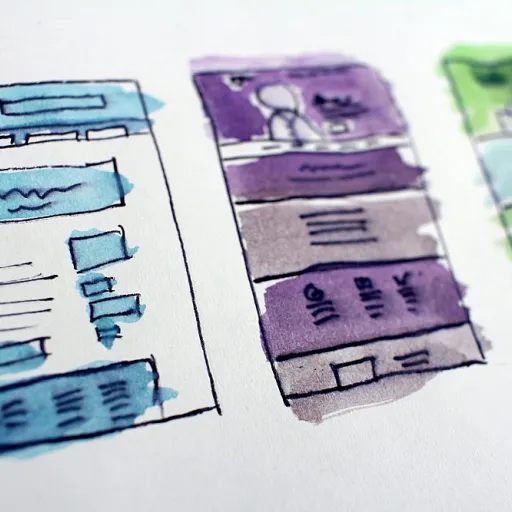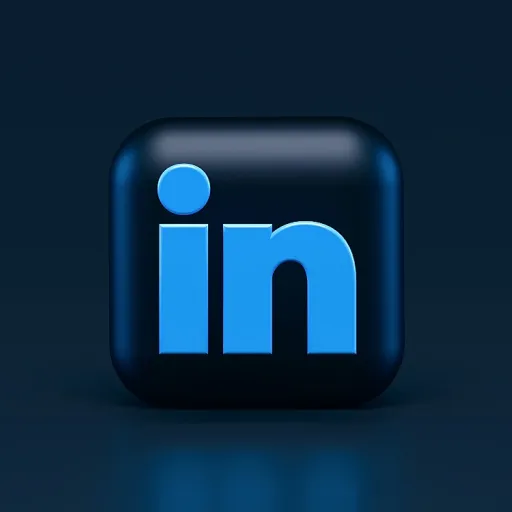
Understanding the frontline performance group acquisition
Acquisition Details and Industry Context
The recent acquisition of Frontline Performance Group (FPG) has generated significant interest across the hospitality industry. FPG, known for its expertise in revenue optimization and guest experience, has built a reputation for helping hotels and hospitality companies boost service revenue and incremental revenue through advanced technology and service-based sales programs. The company’s focus on front desk operations and customer-employee engagement has made it a key player in the hospitality sector.
This acquisition, officially announced by the group, signals a strategic move to strengthen performance and revenue capabilities for hotels and related businesses. FPG’s integration with other service and technology providers is expected to create new opportunities for hoteliers, especially in areas like revenue performance, guest experience, and front desk management. The move also reflects a broader trend of consolidation within the hospitality industry, where companies seek to leverage combined expertise and technology to deliver better outcomes for both guests and operators.
For influencers working with hospitality brands, understanding the implications of such acquisitions is crucial. These changes can impact partnership dynamics, brand strategies, and the types of programs available for collaboration. To get a broader perspective on how consultancies and licensing shape these shifts, you can explore insights from leading consultancies on IP licensing.
As the hospitality landscape evolves, influencers need to stay informed about how companies like FPG and their new parent groups are shaping the future of service, technology, and guest engagement. This knowledge will help gauge where new opportunities and challenges may arise in the ever-changing world of hospitality and social media influence.
How acquisitions reshape influencer partnerships
Why Mergers Change the Influencer Landscape
When a company like Frontline Performance Group (FPG) is acquired, the ripple effects reach far beyond the boardroom. For influencers working with hospitality brands, these changes can redefine how partnerships are structured and measured. The hospitality industry, especially hotels and front desk operations, relies on a blend of technology and service-based sales to enhance guest experience and drive revenue optimization. Acquisitions often bring new strategies, tools, and expectations that influencers must quickly adapt to.
- Performance Metrics Shift: After an acquisition, companies may introduce new ways to gauge success, such as focusing more on incremental revenue or guest experience scores. Influencers might find themselves evaluated on different KPIs, like service revenue or customer engagement, rather than just reach or impressions.
- Brand Voice and Messaging: The acquiring group may want to unify messaging across all their brands. This can affect the tone, content, and even the frequency of influencer collaborations. For example, a focus on revenue performance or technology-driven guest programs could become central themes in campaigns.
- Program Integration: Influencer programs may be merged or restructured to align with the new company’s goals. This could mean working with new teams, adapting to different approval processes, or participating in cross-brand initiatives that span multiple hotels or service points.
For influencers, understanding these shifts is crucial. The hospitality industry is unique in how it blends customer and employee experience at the front desk and throughout the guest journey. As companies like FPG evolve, influencers must stay informed about how these changes impact their role and the value they provide. For more on how external events can drive consumer decisions and reshape influencer opportunities, check out this insightful analysis on event-driven consumer behavior.
Potential shifts in brand strategy after an acquisition
Brand Messaging and Influencer Collaboration After a Merger
When a company like Frontline Performance Group (FPG) is acquired, the ripple effects often reach far beyond internal operations. For influencers, understanding how brand strategy evolves post-acquisition is crucial. The hospitality industry, especially hotels and service-based companies, frequently sees shifts in priorities and messaging after such changes. These shifts can directly impact influencer partnerships, content direction, and the value proposition offered to audiences.
One of the first areas to watch is the alignment of the new company’s goals with influencer campaigns. For example, if the acquiring group prioritizes revenue optimization and guest experience, influencers may be asked to focus on content that highlights service revenue, front desk efficiency, or technology-driven guest programs. This realignment can mean new opportunities, but also requires adaptability as messaging and KPIs may change.
- Brand voice recalibration: The combined company may update its tone, visuals, and key messages to reflect a unified vision. Influencers need to gauge these changes and adjust their content accordingly.
- Program and partnership updates: Existing influencer programs might be restructured or replaced. New service-based or revenue performance initiatives could emerge, especially if the group is integrating technology solutions or point sale strategies.
- Focus on measurable impact: With a heightened emphasis on incremental revenue and customer employee experience, companies may expect influencers to demonstrate clear ROI, such as increased bookings or improved guest satisfaction scores.
For those working with hospitality brands, it’s important to stay informed about how the acquisition will provide new tools or platforms. For example, if FPG integrates advanced technology or launches a new guest experience program, influencers can leverage these updates to create fresh, relevant content that resonates with both the company and their followers.
Staying ahead of these shifts requires ongoing communication with brand partners and a willingness to adapt. For a deeper look at how social media influence adapts to industry changes, check out this analysis of evolving influence strategies.
Opportunities for influencers in a changing landscape
New Avenues for Collaboration and Growth
For influencers working in the hospitality industry, the acquisition of a company like Frontline Performance Group (FPG) can open up fresh opportunities. As the group integrates new technology and service-based programs, influencers may find themselves at the forefront of innovative guest experience campaigns. Companies in the hospitality sector are increasingly looking to leverage influencer partnerships to showcase their commitment to revenue optimization and exceptional service.
- Enhanced Brand Programs: With FPG's focus on performance and revenue, hotels and hospitality companies may launch new initiatives that require authentic voices to promote their front desk and guest experience improvements.
- Access to Advanced Tools: The integration of technology and data-driven solutions by the performance group will provide influencers with better ways to gauge the impact of their content on service revenue and incremental revenue streams.
- Broader Reach: As the group expands its presence, influencers can collaborate with a wider network of hotels and service companies, increasing their visibility and potential for long-term partnerships.
Influencers who understand the evolving landscape of revenue performance and customer-employee engagement will be well-positioned to support hospitality brands as they adapt to new standards. The shift towards experience-driven marketing means that authentic content creators are more valuable than ever in helping companies connect with guests and drive program success.
Risks and uncertainties for influencers
Challenges Influencers Face After a Major Acquisition
When a company like Frontline Performance Group (FPG) is acquired, influencers working in the hospitality industry or those collaborating with service-based companies may encounter new risks and uncertainties. These changes can directly affect influencer partnerships, revenue streams, and the overall guest experience.- Shifting Priorities: The new leadership may adjust the company’s focus, impacting programs that previously supported influencer collaborations. For example, a renewed emphasis on technology or revenue optimization could mean less attention to influencer-driven campaigns.
- Uncertain Program Continuity: Acquisitions often lead to a review of all ongoing partnerships and guest experience initiatives. Influencers might find that programs they were part of are paused, restructured, or even discontinued as the company aligns with new goals.
- Changes in Point of Contact: The appointment of new executives or a shift in the front desk management structure can disrupt established relationships. This can make it harder for influencers to gauge who to approach for future collaborations or service-based campaigns.
- Revenue Instability: Influencers who rely on performance-based sales or incremental revenue from hospitality companies may see fluctuations in their earnings. As the group FPG integrates with new systems or partners, payment timelines and revenue performance metrics could change.
- Brand Alignment Concerns: Influencers may need to reassess if the company’s evolving brand values still match their own. A focus on service revenue, technology, or revenue optimization might not align with every influencer’s audience or content style.
Tips for influencers to stay adaptable
Staying Flexible in a Fast-Moving Hospitality Industry
The hospitality industry is always evolving, especially after major moves like the acquisition of a performance group. Influencers working with hotels, service companies, or technology providers must stay alert and ready to adapt. Here are some practical ways to remain resilient and relevant:- Monitor Company Announcements: Keep an eye on updates from companies like FPG and others in the group. Changes in leadership, such as a newly appointed CEO, or shifts in revenue performance strategies can signal new directions for partnerships.
- Understand New Programs: When a company launches a new guest experience program or service-based sales initiative, learn how it impacts the front desk, service revenue, or incremental revenue streams. This knowledge helps you tailor your content and collaborations.
- Leverage Technology: As technology becomes central to hotel and hospitality operations, influencers who showcase how tech enhances the guest experience or supports revenue optimization will provide more value to their audience and partners.
- Gauge Brand Strategy Shifts: After an acquisition, companies often adjust their brand strategy. Stay in touch with your contacts to understand if the focus is moving toward customer employee engagement, front line service, or point sale solutions.
- Stay Educated: Follow industry leaders and read up on best practices in hospitality, revenue optimization, and guest experience. This will help you spot opportunities for hoteliers and anticipate what companies might need from influencer partnerships.
- Be Proactive: Don’t wait for companies to reach out. Pitch ideas that align with their new goals, whether it’s showcasing a new service, highlighting group FPG’s impact on revenue, or sharing stories from the front desk.

